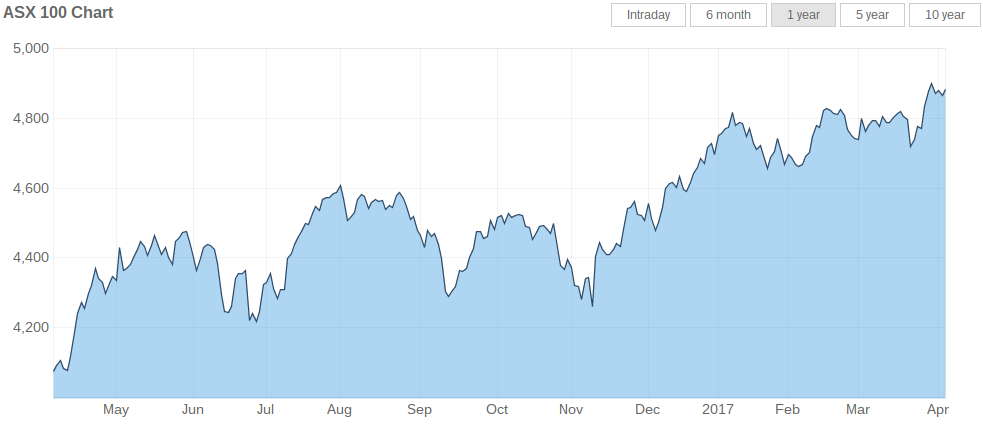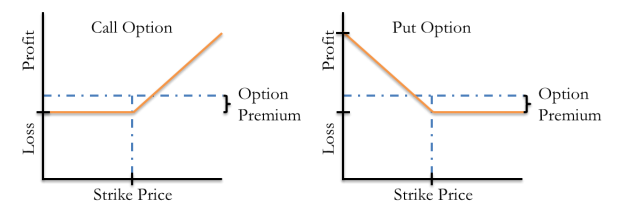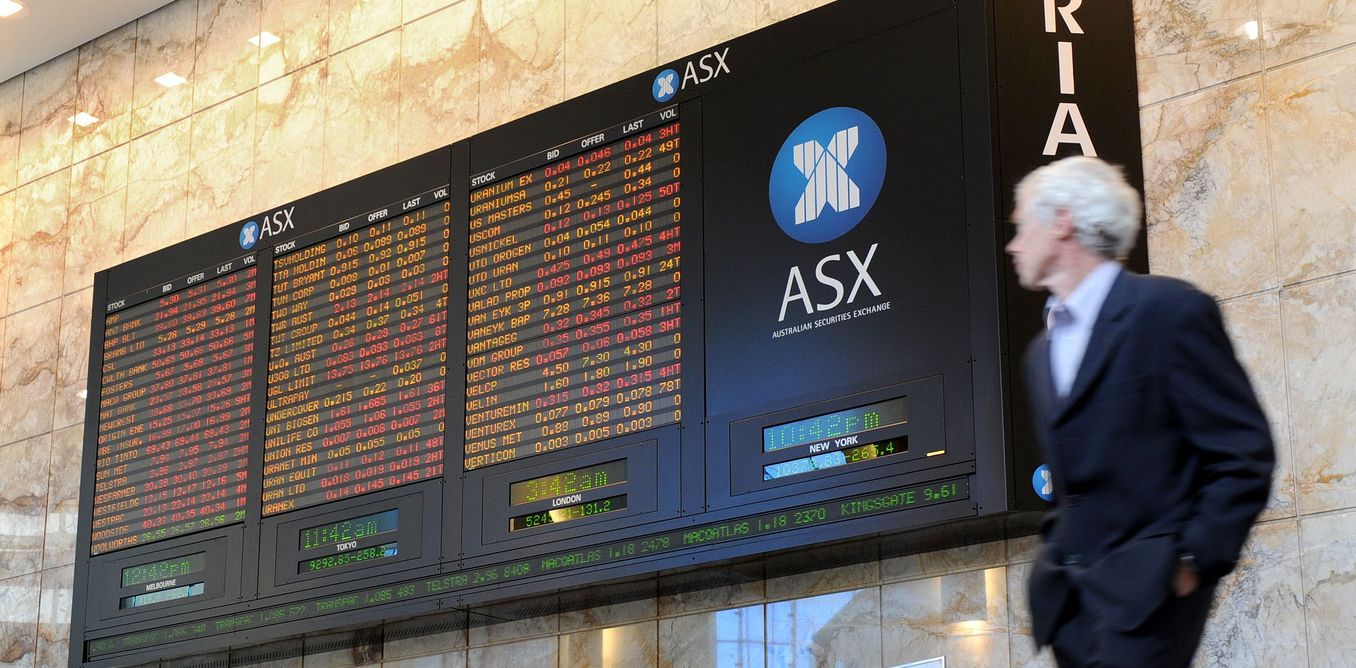Options markets have quickly risen in prominence over the last several years, and there are many reasons to explain why these trends have been seen. Global markets are quickly adding many different trading instrument types in order to meet the needs of everyday investors.
For those most focused on Australian companies, this will often mean establishing positions in the ASX options contract. These option types allow investors to gain market exposure to the stocks listed on the Australian Stock Exchange, which is one of the most interesting and dynamic stock collections in the world.

Just like bonds and mutual funds, trading options is a kind of investment portfolio strategy for sophisticated investors. Options are a derivative security type, with a price derived from (or dependent upon) one or more underlying assets. Working as a contractual agreement, options grant the rights of buying and selling those assets on or before a certain date and at a set price – known as the strike price.
CALL Options and PUT Options
There are two basic types of options: CALLS and PUTS. With CALL options, the investor gets the right to buy a particular stock at a fixed price on a fixed timeline, but it is not an obligation to make the purchase. CALL options work like a future deposit. Within the expiry time, the stock can be bought at a fixed price (the strike price), and it does not matter if the market value of that stock has doubled during the timeline. This can help investors make big gains. CALL options are exercised when the market value of stocks seems to be going up in a bullish fashion.

With PUT options, investors have the right to sell a particular stock at a fixed price within an expiration timeline. Again, making the sale is not an obligation. This can be profitable in cases where the market value of the stock goes down while the investor can still sell it at the higher strike price. But for both CALL and PUT options, there is a set expiration date. After that, the right expires and all purchases and sales must be made at the actual market rate.
Options Premiums
A premium is the price/value of an option in options trading. It is the amount paid by the investor at the time the options trade is selected. Technically, the only potential risk for the buyer is to lose the initial premium amount paid for the option (in cases where the trader does not utilize his/her buying or selling right before expiration timeline). These premiums can range from narrow to wide bid/ask spreads, and are often quoted by market makers who build market activity in that specific option.
Expiration Date
Every option contract comes with an expiration date, which is the total life span of that contract. The right to buy/sell a stock is valid until that period of time. Expiration deadlines vary for different stocks and products. The premium is lost if the purchase/sale is not made within the specific time period.
